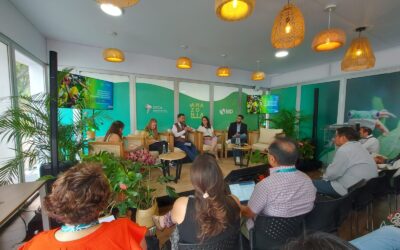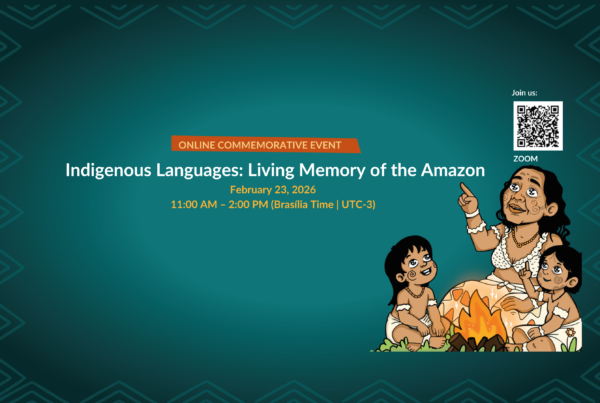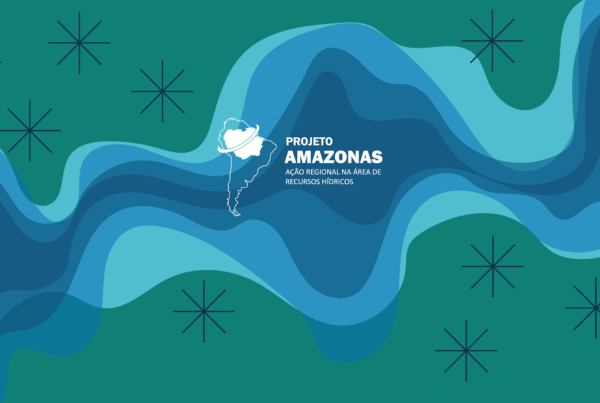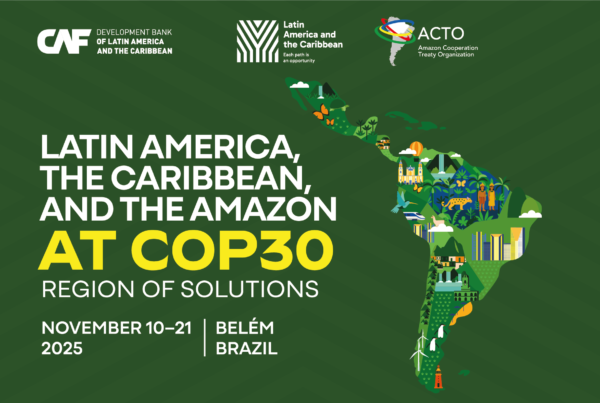October 27, 2024 – At COP 16 of the Convention on Biological Diversity (CBD), a panel of experts from government and international organizations discussed the main challenges and opportunities surrounding the bioeconomy in the Amazon region. Moderated by the Inter-American Institute for Cooperation on Agriculture (IICA), the event emphasized the importance of regional cooperation and sustainable public policies to bolster biodiversity and promote a more inclusive economic model.
During the panel, titled “BioAmazonia: Biodiversity, Bioeconomy, and Sustainable Development,” Glenda Ortega, Ecuador’s Undersecretary of Natural Heritage at the Ministry of Environment, Water, and Ecological Transition, highlighted her country’s efforts in developing bioeconomy policies, stressing the importance of synergy with local communities. “Ecuador has taken significant steps in creating a national bioeconomy strategy rooted in policies that engage local stakeholders and advocate responsible management of natural resources,” Ortega stated.
Alejandro Bañol Salazar, Head of the Office of Green and Sustainable Businesses at Colombia’s Ministry of Environment, highlighted Colombia’s progress through the implementation of the *Misión de Sabios*—an interdisciplinary initiative to identify potential and lay out a roadmap for bioeconomy development. “The key to success has been strengthening capacities and mechanisms locally, focusing not only on high-value products but also on the sustainability of business models,” explained Bañol.
ACTO’s Interim Secretary-General, Vanessa Grazziotin, emphasized the need for effective coordination among Amazonian countries to ensure a unified approach that values ancestral knowledge and recognizes the environmental services the Amazon provides to the world. “We must work together to create a certification policy that ensures the origin and sustainability of Amazonian products, promoting shared rules while respecting the region’s rich biocultural heritage,” noted Grazziotin.
Tatiana Schor, Head of the Amazon Unit at the Inter-American Development Bank (IDB), underscored the diversity across the region and the need to establish a common language. “The Amazon is the sixth largest area in the world by land mass, with immense biological and cultural diversity. To advance the bioeconomy, we need to understand the unique aspects of each territory and recognize the different perspectives that unite us,” Schor observed.
At the event’s close, Hugo Chavarría, Manager of IICA’s Innovation and Bioeconomy Program, encouraged countries to seize bioeconomic opportunities to integrate sustainable practices and foster new development processes. “The bioeconomy is not only about valuing biological resources but also the social and cultural assets, seeking synergies and working on the points that unite us,” Chavarría concluded.
This panel demonstrated the commitment of Amazonian countries to move towards a more sustainable economic model rooted in biodiversity conservation, respect for traditional knowledge, and regional cooperation.



